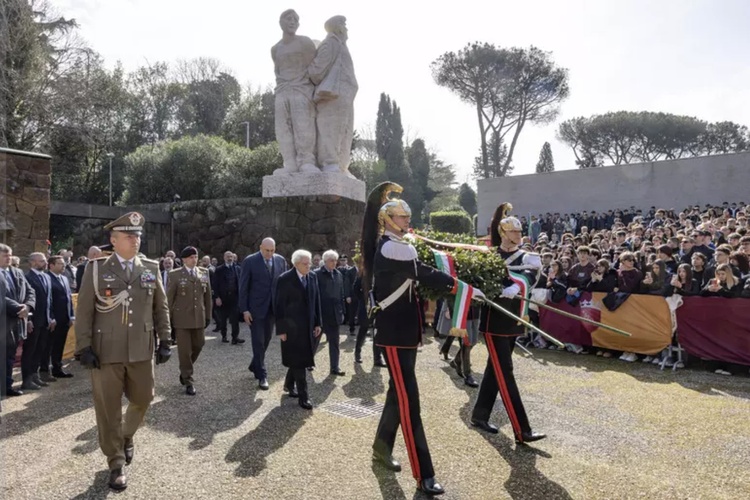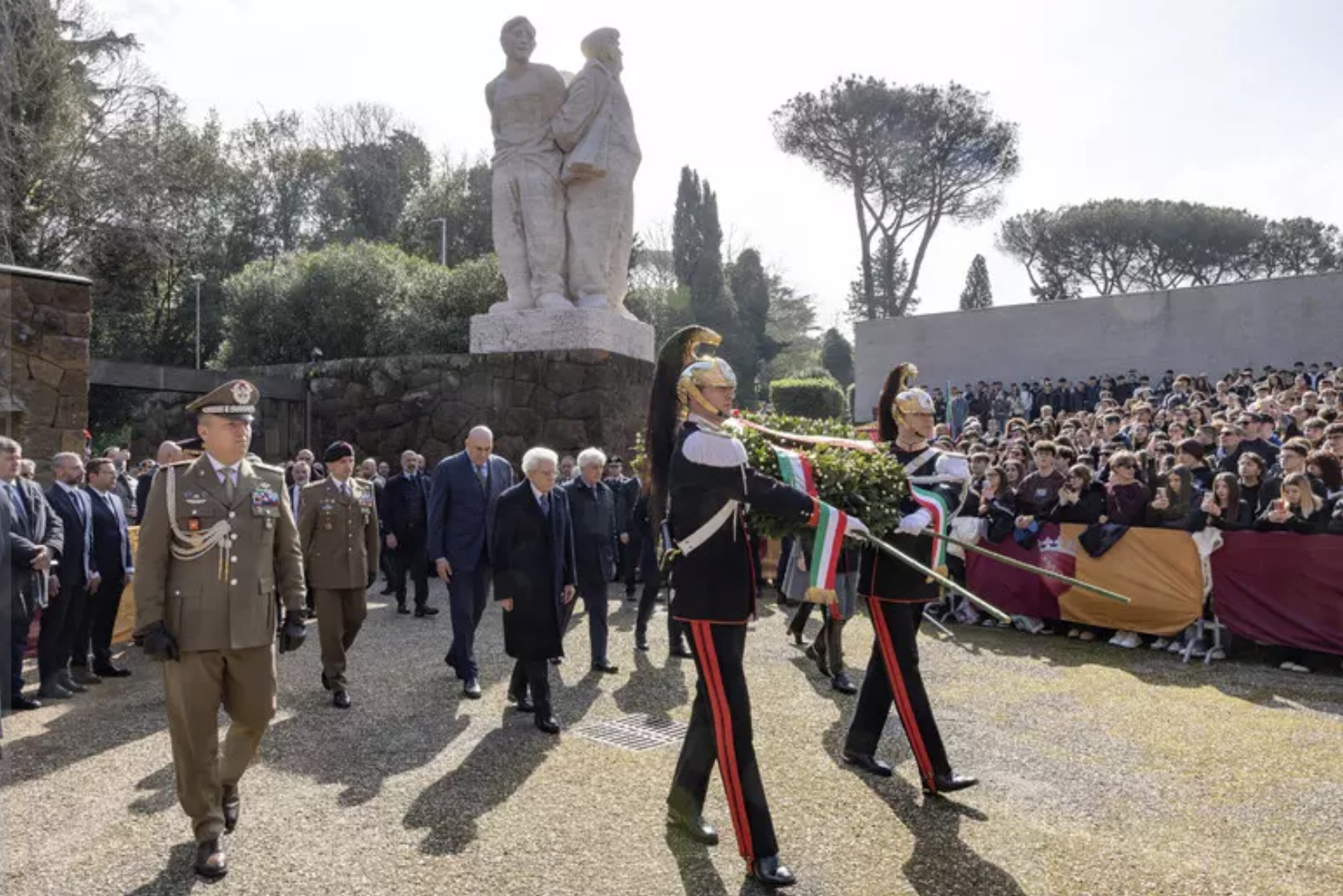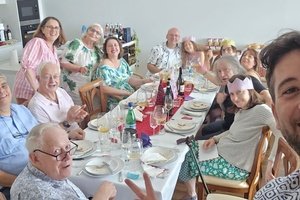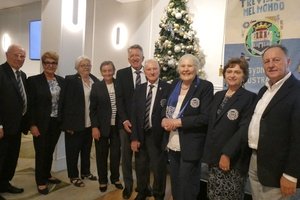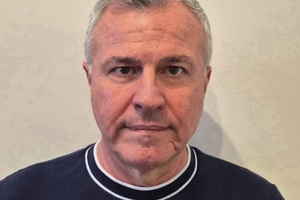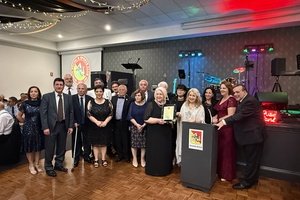On March 24, 1944, 335 Italians were executed by Nazi officers in a reprisal for a Partisan attack that killed 33 German soldiers in central Rome.
In retaliation, for every one German killed, the army seized 10 Italians, including civilians as well as numerous political prisoners and Jews who were in custody, plus five more who were also executed.
Both men and boys were executed and their bodies dumped in the caves where the memorial to the massacre is now located.
President Sergio Mattarella laid a wreath at the memorial in a ceremony that Defence Minister Guido Crosetto, Lazio Governor Francesco Rocca, Rome Mayor Roberto Gualtieri, Rome Chief Rabbi Riccardo Di Segni and Noemi Di Segni, the president of the union of Italian Jewish communities, also took party in, among others.
Italian Prime Minister Giorgia Meloni, via a note from Palazzo Chigi, described the massacre as “one of the most piercing wounds inflicted to Rome and to all of Italy”.
“The massacre of Fosse Ardeatine, perpetrated by Nazi occupying troops in reprisal against the partisan attack of Via Rasella, is one of the most painful pages of national history,” said the note.
“It is the primary task of Institutions, at every level, to talk about what happened and in particular to pass on to younger generations the memory of those facts.
“On this day, we pay homage to the 335 victims of the indescribable massacre, and we renew the commitment to preserve and protect the values of freedom and democracy on which our Republic is founded,” it concluded.
The President of the Union of Italian Jewish Communities Noemi Di Segni said commemorating the anniversary of the massacre was necessary.
“[It’s important] to understand a fact of the past of which we must be aware and conscious,” she said.
“The presence of students here is important so they can understand exactly what a massacre means and what a Nazi slaughter is,” she added.
“This term should never be abused for those situations which we are unfortunately and tragically experiencing today.”
Rome Mayor Robert Gualtieri also described the massacre as an “enduring wound” for the city.
“Remembering is a duty,” he said.
“Because only through memory we can remain united as a community and progress based on the values on which constitutional democracy was born,” he said.
“[These values are] anti-Fascism, resistance, the rejection of those crimes, of that concept of politics and the violence that made us change” and the desire to “become a better society”.
ANSA
